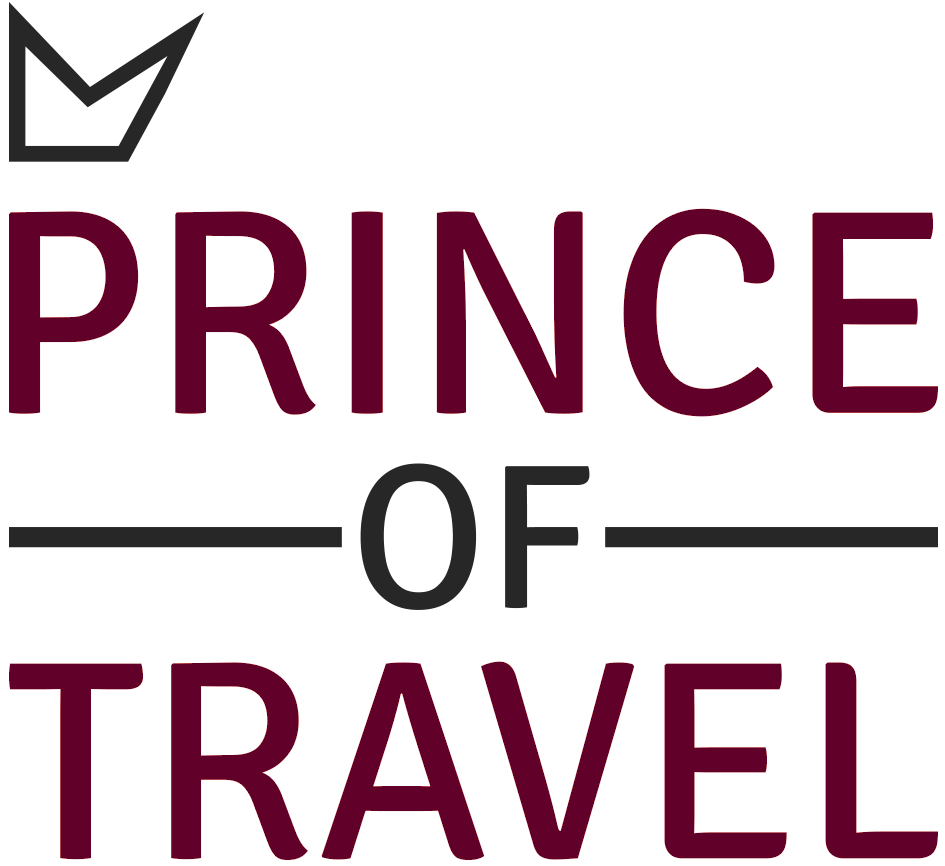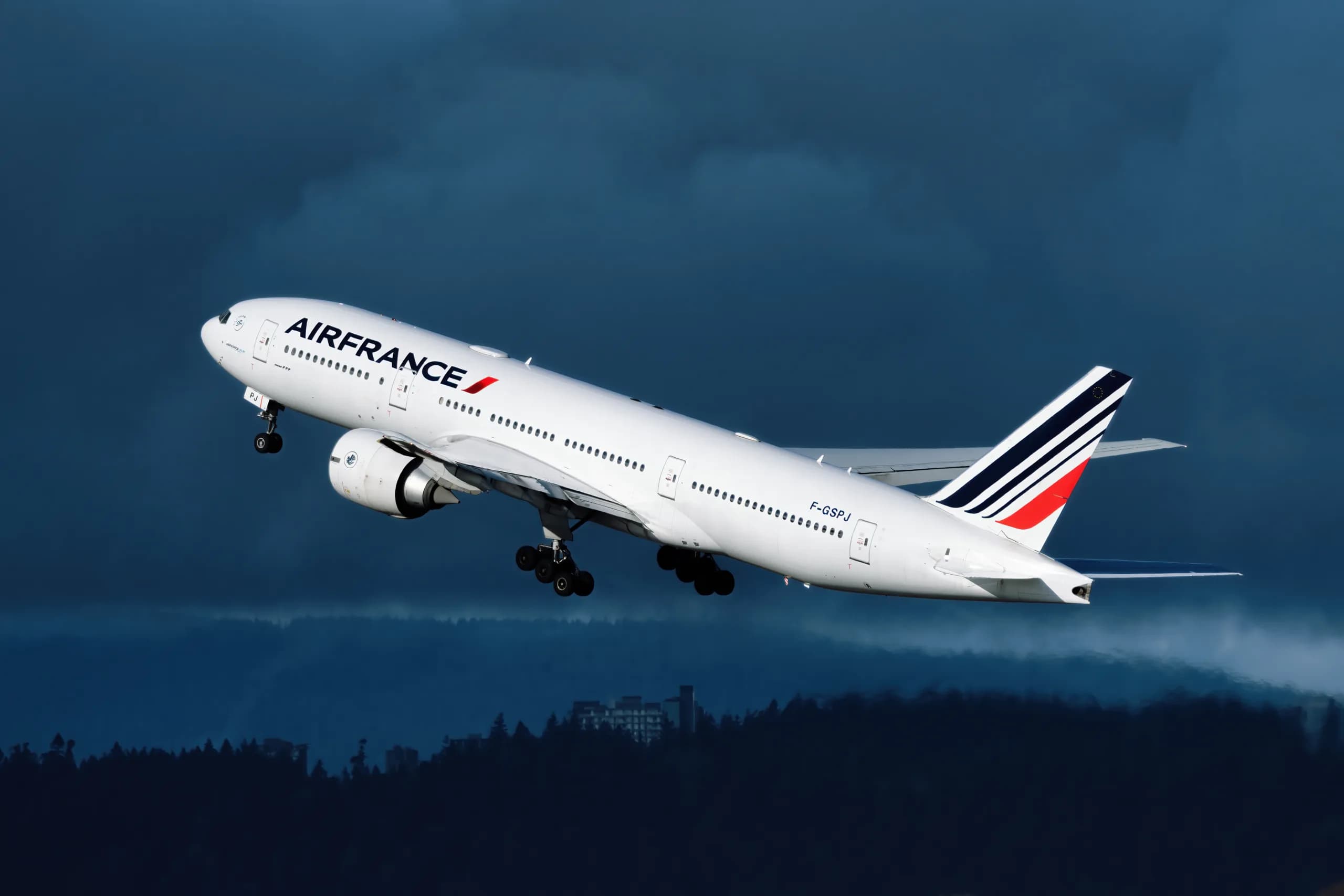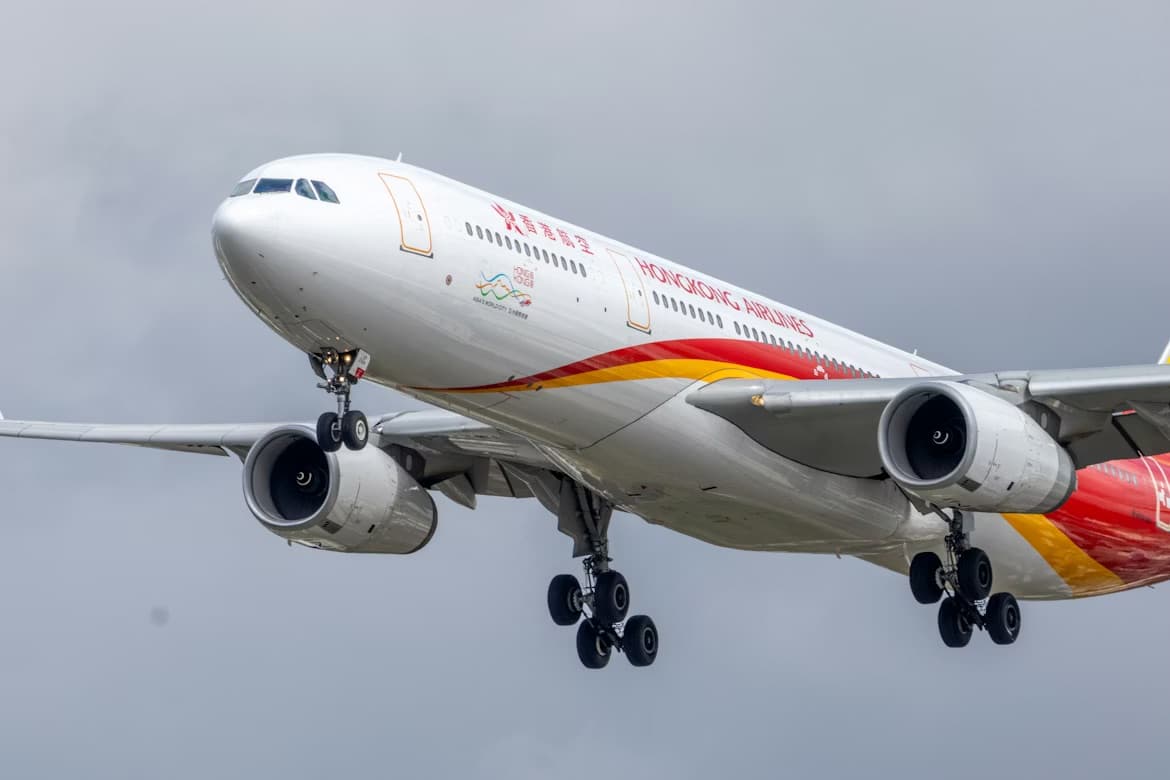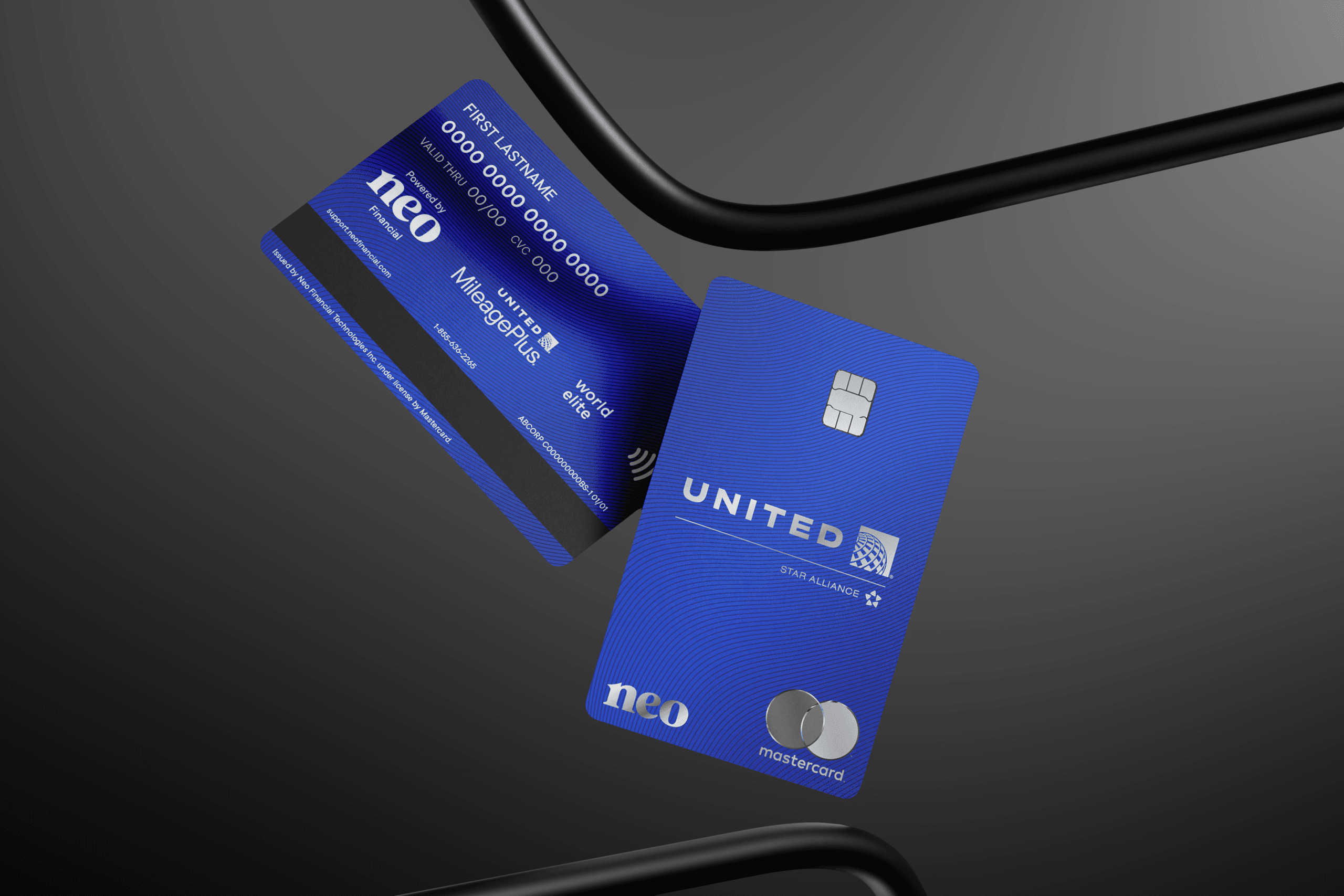India Reopening to Canadian Travellers: What You Need to Know

India will open their borders to quarantine-free non-essential travel as of February 14, 2022.
As a country that was hit particularly hard by COVID-19 (especially the Delta variant throughout 2021), it’s hopeful to hear that India has managed to recover and has deemed the situation stable enough to welcome foreigners.
We’ve seen many countries in the South & South East Asia region gradually reopen since late 2021, including Singapore’s Vaccinated Travel Lane scheme, Thailand restarting their quarantine-free entry, and the Philippines only recently.
India had actually opened their borders to tourists to November 15, 2021, but only for those on charter flights. Then, when the Omicron variant began ravaging the globe, a seven-day quarantine was put in place almost immediately.
Now that cases are once again dropping worldwide, India is dropping all test and quarantine requirements for vaccinated travellers from most major countries.
India Travel Restrictions
India’s travel restrictions are straightforward, with a list of 82 countries whose residents are permitted to enter quarantine-free, including Canada.
India is also continuing to process tourist visas at this time. Those with a tourist visa issued prior to October 2021 will have to reapply, as those are no longer valid.

How Can Canadians Enter India?
Travellers are allowed to enter India through all international airports. As of October 2021, when departing Canada by air, travellers are required to present proof of vaccination.
Travellers coming from Canada must fulfill one of the following conditions before entering India:
- Present evidence of a full course of COVID-19 vaccines completed at least 14 days prior to arrival.
- India accepts all WHO-approved vaccines.
- Your Canadian COVID-19 proof of vaccination will suffice.
- Children under 12 are exempt.
- Show a negative COVID-19 RT-PCR test result taken within 72 hours of departure.
Everyone arriving in India also has to submit a self-declaration form online before departure, and around 2% of arrivals will be randomly tested at their own expense.
Testing & Quarantine Upon Return
India used to be a bit of unique case in this scenario – until January 28, 2022, Canada only accepted test results from a single lab in New Delhi. As you can imagine, this created a huge headache, as travellers would have to trek out to a single lab in the seventh-largest country in the world within 72 hours of their direct flight to Canada.
The good news is that Canada has removed that strict requirement and now accepts tests from any lab recognized by the Indian Council of Medical Research.
Even better, as of April 1, 2022, a negative test is no longer required prior to travelling back to Canada.
If you do need to find a test in India, it’s best to look for a lab from the Indian Council of Medical Research list above, and tests appear to cost in the range of 500–1,200 INR ($8–20).
Alternatively, consider purchasing a Switch Health RT-LAMP or antigen test kit for an easy remote testing option via telehealth video link.

Current Health Requirements in India
COVID-19 restrictions in India differ between states and even cities, as each jurisdiction is allowed to set their own rules and limitations.
In Delhi, there is currently a curfew from 11pm to 5am. However, gyms and spas are open, and restaurants are allowed to open for indoor dining with a 50% capacity limit.
In Mumbai, all national parks, safaris, and tourist restrictions are open. Spas have a 50% capacity limitation, and the night curfew has been lifted completely.
Throughout the country, masks are universally required to be worn in all public spaces, including urban areas, indoors, and on public transportation.
Since each state in India can impose their own restrictions, travelling between states can have its own ramifications. For example, those flying into West Bengal must carry PCR tests conducted a maximum of 72 hours before arrival.
If you are planning to travel around the country, it’s important to stay on top of the rules for domestic travel, as they can change at any time.

How to Get to India
Air Canada operates non-stop flights from Toronto to both Mumbai and New Delhi, as well as from Vancouver and Montreal to New Delhi.
Cash fares in economy class to Mumbai are in the region of $1,500 (CAD), while fares to New Delhi are significantly higher from all Canadian departure points.


For most Canadians, Aeroplan is the first loyalty program that comes to mind for international long-haul premium class bookings.
A direct flight to India will cost 85,000 points one-way per person in business class. Air Canada can be priced higher dynamically, while Air India will always fall under the partner fixed pricing.
Using the “Latitude Attitude” to instantly apply eUpgrades for an upgrade into business class is the ideal way to fly to India at reasonable prices.

If you’d like to fly transpacific or through the Middle East on Etihad Airways, you’ll pay 100,000 Aeroplan points one-way in business class and 130,000 Aeroplan points in First Class.

Meanwhile, using Alaska miles, you can book on Japan Airlines for 60,000 miles in business class or 70,000 miles in First Class.

Lastly, with American Airlines AAdvantage, you can fly Qatar Airways Qsuites from North America to India via Doha for only 75,000 American miles.

The same booking can also be achieved with 85,000 Alaska miles if you’ve collected more Alaska miles than American.

Conclusion
On February 14, 2022, India will open their borders to some 82 countries, including Canada. Be sure to apply for a tourist visa prior to flying.
In order to enter India, you only need to present proof of vaccination with a WHO-approved vaccine. Chances are low you’ll be selected for testing upon arrival, although it is always a possibility.
India itself has so much to explore, from seeing the Taj Mahal to wandering off the beaten path with a boat cruise in Goa. Of course, you can also take a longer trip through the South Asia region, as many countries are now reopening their borders with the Omicron variant subsiding.
As always, you can refer to our Travel During COVID-19 Resource for Canadians for the most up-to-date information on travelling in the pandemic era.

First-year value
$336
Monthly fee: $15.99
• Earn 1,250 points per month upon spending $750 per month for 12 months
Earning rates
Key perks
- Transfer to airline and hotel partners
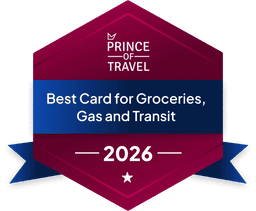
Monthly fee: $15.99
• Earn 1,250 points per month upon spending $750 per month for 12 months
Earning rates
Key perks
- Transfer to airline and hotel partners
